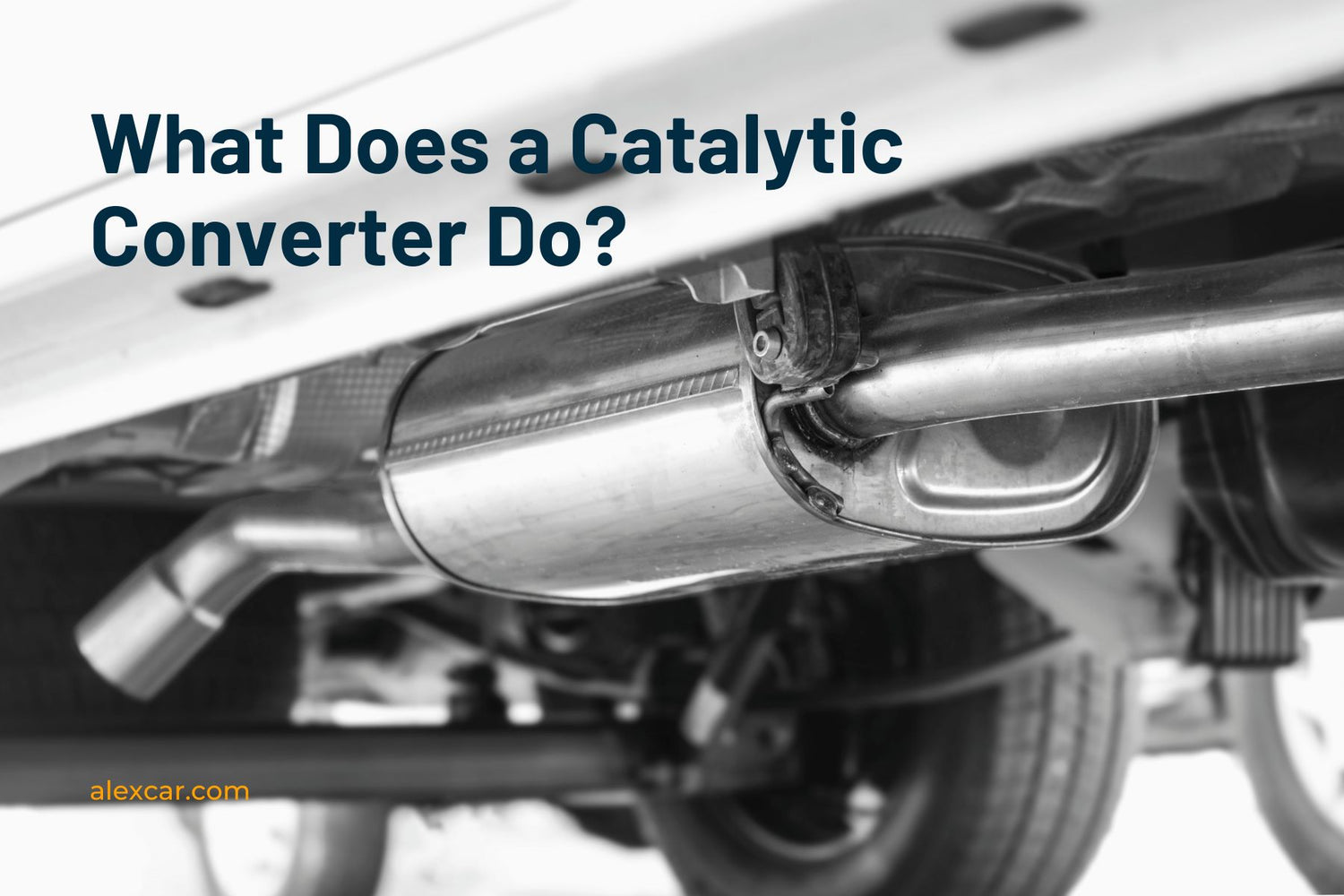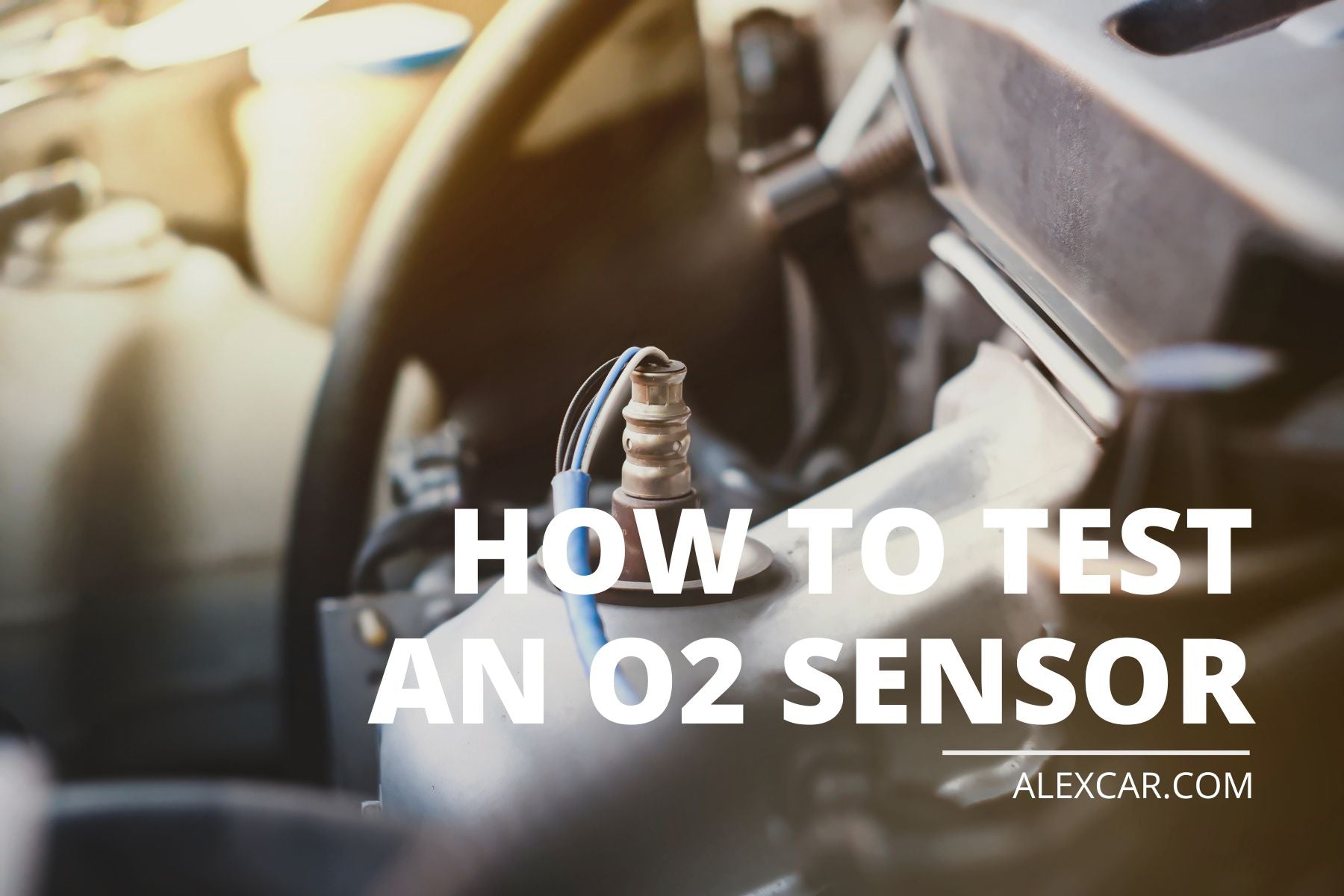Catalytic converters are a vital component of modern vehicles, working tirelessly to reduce harmful emissions and protect the environment. But what does a catalytic converter do exactly? In this article, we'll dive deep into the world of catalytic converters, exploring their function, components, and importance for your car and the world around you.
Understanding the Purpose of a Catalytic Converter
At its core, a catalytic converter is an exhaust emission control device that converts toxic pollutants into less harmful emissions before they leave your car's exhaust system. It's a crucial part of your vehicle's emission control system, ensuring that your car meets the stringent environmental regulations set by governments worldwide.
How Catalytic Converters Reduce Emissions
So, how does a catalytic converter clean exhaust gases? The magic happens through a chemical reaction within the converter itself. As exhaust gases pass through the catalytic converter, they come into contact with a catalyst - usually a combination of precious metals like platinum, palladium, and rhodium.
These metals trigger a chemical reaction that converts harmful pollutants into less dangerous compounds:
| Harmful Pollutants | Converted To |
|---|---|
| Carbon Monoxide (CO) | Carbon Dioxide (CO2) |
| Hydrocarbons (HC) | Water (H2O) and Carbon Dioxide (CO2) |
| Nitrogen Oxides (NOx) | Nitrogen (N2) and Oxygen (O2) |
By converting these pollutants, catalytic converters significantly reduce the environmental impact of vehicles, making the air we breathe cleaner and healthier.
Catalytic Converter Components

Now that we understand the purpose of a catalytic converter in a car, let's take a closer look at its components. A typical catalytic converter consists of several key parts:
- Substrate - A ceramic or metallic honeycomb structure that provides a large surface area for the catalyst.
- Washcoat - A coating applied to the substrate that contains the catalyst materials.
- Catalyst - The precious metals (platinum, palladium, rhodium) that trigger the chemical reactions.
- Casing - A stainless steel shell that protects the internal components.
Each of these components plays a crucial role in ensuring the catalytic converter's efficiency and longevity.
The Importance of Precious Metals
You might be wondering, "what precious metals are used in catalytic converters?" As mentioned earlier, the most common catalysts are platinum, palladium, and rhodium. These metals are chosen for their unique ability to trigger the necessary chemical reactions without being consumed in the process.
However, the use of these precious metals also makes catalytic converters a target for theft. The high value of these materials on the black market has led to an increase in catalytic converter theft in recent years, so it's essential to be aware of this risk and take steps to protect your vehicle.
>> Read more: Can You Drive Without a Catalytic Converter?
Maintaining Your Catalytic Converter
Proper catalytic converter maintenance is crucial for ensuring its long-term performance and efficiency. Here are some tips to help keep your converter in top shape:
- Regularly service your vehicle - Stick to the recommended maintenance schedule to keep your engine running smoothly and efficiently.
- Use the right fuel - Choose high-quality, low-sulfur fuel to minimize the accumulation of deposits in the converter.
- Address engine issues promptly - If you notice any problems with your engine, have them diagnosed and repaired as soon as possible to prevent damage to the catalytic converter.
By following these simple guidelines, you can help extend the life of your catalytic converter and ensure that it continues to effectively reduce harmful emissions.
Signs Your Catalytic Converter Needs to Be Replaced
Despite your best efforts, there may come a time when you need to consider catalytic converter replacement. Some common symptoms of a bad catalytic converter include:
- Reduced engine performance - A clogged converter can restrict exhaust flow, leading to reduced horsepower and acceleration.
- Increased fuel consumption - As the engine works harder to push exhaust through a clogged converter, fuel efficiency may suffer.
- Unusual smells - A malfunctioning converter may produce a sulfuric or rotten egg smell from the exhaust.
- Check Engine Light - Your car's onboard diagnostic system may detect a problem with the converter and trigger the Check Engine Light.
If you notice any of these symptoms, it's essential to have your vehicle inspected by a qualified mechanic. They can diagnose the issue and determine whether catalytic converter replacement is necessary.
Catalytic Converter vs. Muffler
One common misconception is that the catalytic converter and muffler are the same things. While both are part of the exhaust system, they serve different purposes:
- Catalytic Converter - Reduces harmful emissions by converting pollutants into less dangerous compounds.
- Muffler - Reduces noise from the exhaust system by dampening sound waves.
Although they work together to keep your car running smoothly and quietly, the catalytic converter and muffler are distinct components with unique roles.
The Future of Catalytic Converters
As environmental regulations continue to evolve, so too will the technology behind catalytic converters. Researchers are continually working to develop more efficient and cost-effective designs, utilizing new materials and manufacturing processes.
One promising development is the use of nanotechnology to create more advanced catalysts. By engineering materials at the nanoscale, scientists can create catalysts with increased surface area and reactivity, leading to even greater catalytic converter efficiency.
Conclusion
What does a catalytic converter do? As we've seen, it plays a vital role in reducing harmful emissions from your vehicle, helping to protect the environment and public health. By understanding how catalytic converters work, recognizing the signs of a failing converter, and taking steps to maintain your exhaust system, you can ensure that your car continues to run cleanly and efficiently for years to come.
At Alex Car, we're committed to providing our customers with the knowledge and resources they need to make informed decisions about their vehicles. Whether you're in need of catalytic converter replacement or simply have questions about your car's emission control system, our team of experienced professionals is here to help. Contact us today to learn more about how we can keep your car running at its best.




Leave a comment
This site is protected by hCaptcha and the hCaptcha Privacy Policy and Terms of Service apply.